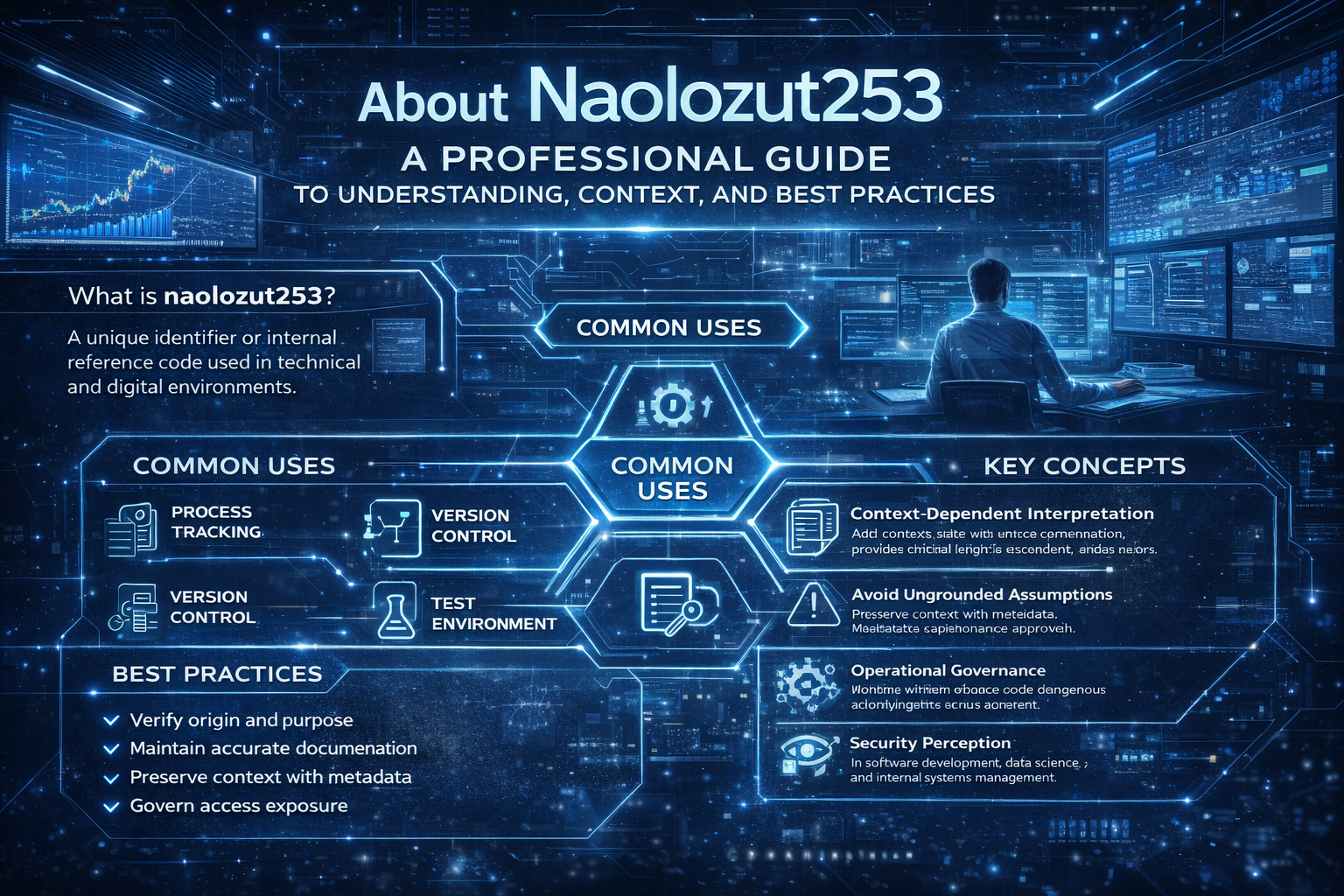In a recent interview with Fast Company, Craig Federighi, Apple’s Senior Vice President of Software Engineering, discussed the company’s latest advancements in artificial intelligence (AI), particularly the newly announced Apple Intelligence suite.
Unveiled at the Worldwide Developers Conference (WWDC) 2024, Apple Intelligence is set to revolutionize user interaction with iOS 18 and macOS 15 through a series of AI-based tools.
Apple’s Partnership with OpenAI
One of the most significant announcements was Apple’s partnership with OpenAI, which will integrate ChatGPT into Siri. This collaboration marks a milestone for Apple, which has been relatively cautious in adopting AI compared to tech giants like Microsoft and Google.
Federighi explained the reasoning behind this move: “These very large frontier models have interesting capabilities that some users appreciate, and we saw that integration into our experiences could make those capabilities much more accessible than today.” He emphasized that GPT-4, one of the best language learning models (LLMs) available, was chosen to enhance Siri’s functionality.
New Features in Apple Intelligence
Apple Intelligence will introduce several new features, including the ability to rephrase text, summarize messages or emails, generate images, and even create custom emojis.
Siri’s capabilities have been significantly enhanced to understand the context of what’s on the screen and allow users to control more aspects of their devices through AI. The system will use both on-device and cloud processing, ensuring a balance between performance and privacy.
Part of the data processing will occur on Apple’s AI servers, known as Private Cloud Compute (PCC), which stores data requests and cryptographically destroys them after processing, ensuring user privacy.
Transparency and User Choice
To maintain transparency, Siri will seek permission from users before sending requests to ChatGPT when Apple Intelligence cannot provide an answer. Federighi also hinted at future support for more third-party language models, giving users the flexibility to choose the AI that best suits their needs.
He suggested that Google Gemini could be a potential addition, allowing users to pick models tailored for specific tasks like creative writing or coding.
Apple Intelligence in China
Addressing the challenge of bringing Apple Intelligence to China, Federighi acknowledged the complexities due to heavy regulations but confirmed the company’s intent to introduce these features in the Chinese market eventually. “We don’t have timing to announce right now, but it’s certainly something we want to do,” he said.
Privacy and Security
Federighi highlighted the importance of privacy in AI integration. Apple’s Private Cloud computing system ensures that data is processed securely and destroyed after use.
Future advancements in chip technology enable larger language models to run on-device, further enhancing privacy without compromising on functionality.
“I wouldn’t rule it out,” Federighi remarked on the possibility of future chips handling more substantial AI models. He acknowledged that there would always be a need for devices to connect to external knowledge sources to stay updated.
Apple’s AI Goals and Future Directions
The partnership with OpenAI represents Apple’s commitment to integrating cutting-edge AI technologies to enhance user experiences.
Federighi and John Giannandrea, Apple’s Senior Vice President of Machine Learning and AI Strategy, elaborated on the company’s AI aspirations during a follow-up interview that Justine moderated at the Steve Jobs Theater.
Giannandrea stated, “We think ultimately people are going to have a preference perhaps for certain models that they want to use, maybe one that’s great for creative writing or one that they prefer for coding. And so we want to enable users ultimately to bring a model of their choice.”
Anticipated Launch
Apple Intelligence will start rolling out later this year, available for free on the iPhone 15 Pro and newer, as well as all M-series Macs and iPads. This initiative marks Apple’s bold step into AI integration, promising to redefine user interaction and enhance device capabilities.
In summary, Apple’s collaboration with OpenAI and the introduction of Apple Intelligence underscore the company’s strategic pivot towards embracing advanced AI technologies.
By focusing on user choice, privacy, and cutting-edge capabilities, Apple aims to set a new standard in the tech industry. The future of AI at Apple looks promising, with innovations poised to transform how users interact with their devices.
The information is taken from 9to5mac and Yahoo News







































